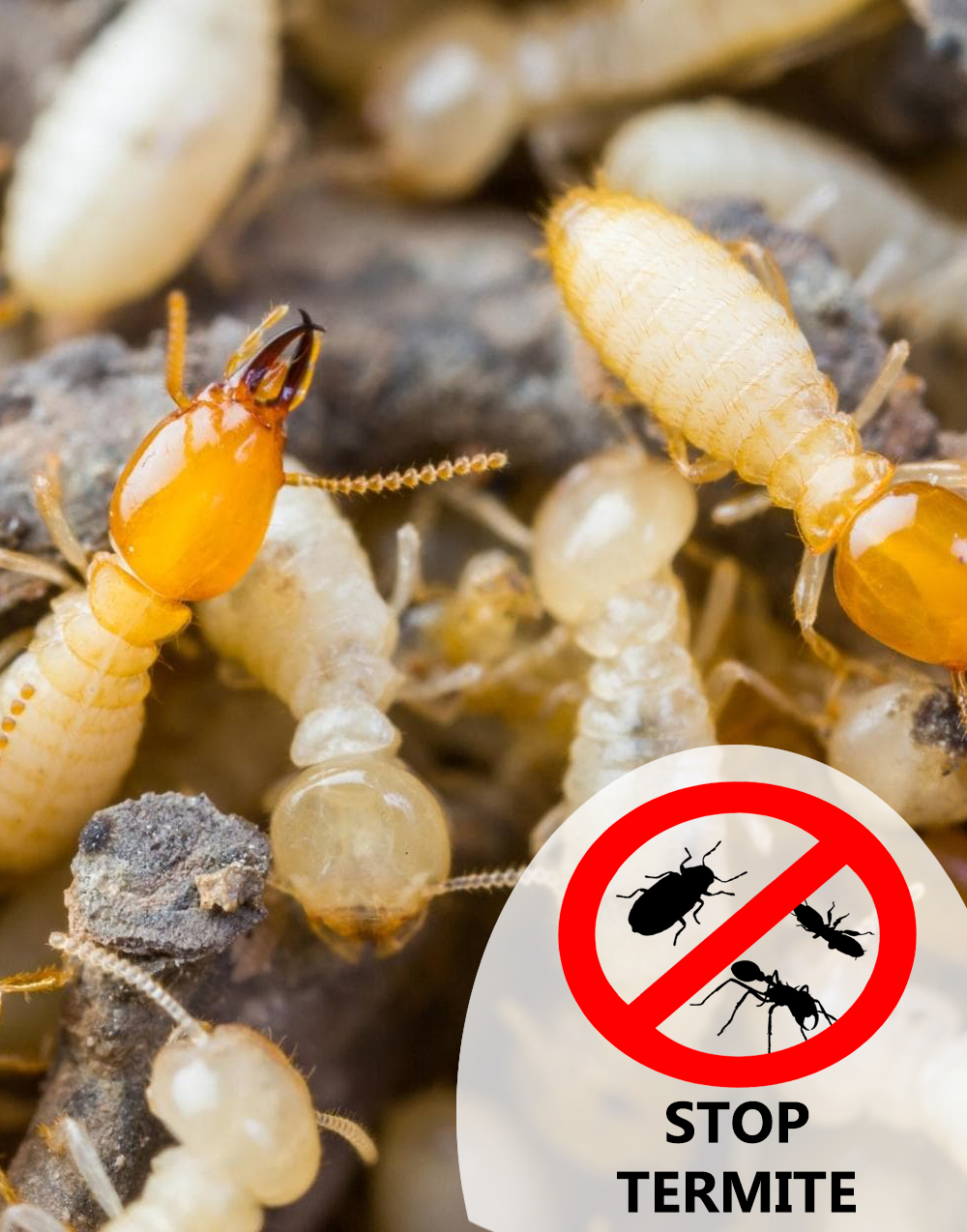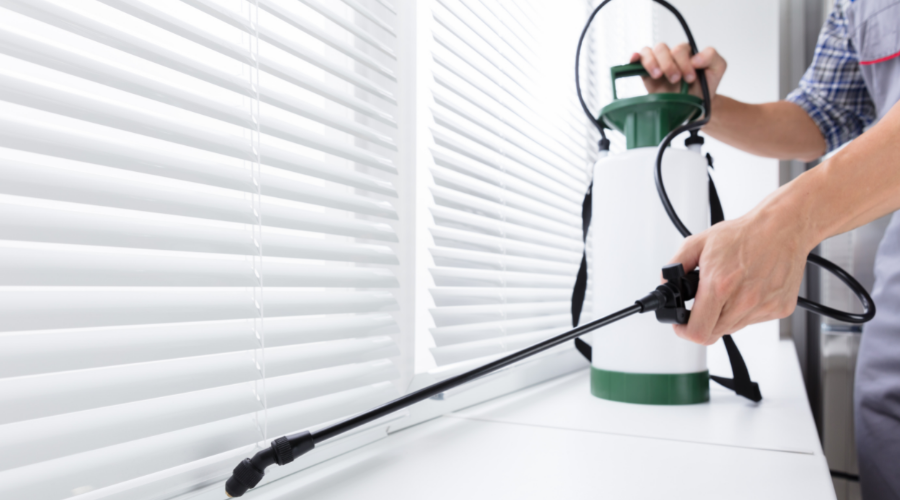Top-Rated Pest Control Chicago LLC: Specialist Solutions for Reliable Rat Removal Chicago Illinois
Checking Out Different Methods and Techniques for Comprehensive Pest Control in Residential Spaces
The landscape of insect control in domestic rooms has progressed substantially, demanding a thorough understanding of numerous techniques that can be employed for effective monitoring. Conventional chemical therapies, while effective, are significantly being enhanced by green choices and Integrated Bug Administration (IPM) techniques. Property owners must consider preventative measures, such as normal tracking and precise pest recognition, to preserve a healthy setting. Nevertheless, the real obstacle exists in striking a balance between efficiency and security-- an expedition that exposes the nuances of each strategy and its ramifications for sustainable living.
Understanding Bug Control Essential
Effective bug control is essential for preserving a healthy and balanced and risk-free living environment. Comprehending the essentials of pest control involves acknowledging the kinds of pests that typically attack household spaces, the potential dangers they present, and the relevance of safety nets. Typical family bugs consist of rats, pests, and other unwanted creatures that can jeopardize health, damages home, and cause health issues.
A vital very first step in insect control is determining the certain bugs present. This can entail evaluating locations such as attic rooms, kitchen areas, and basements, where bugs are most likely to grow. Once determined, it is vital to comprehend their practices, breeding cycles, and chosen environments, which can educate ideal control approaches.
Safety nets are essential to effective parasite administration. These include sealing access points, maintaining cleanliness, and lowering clutter to eliminate concealing areas. Additionally, correct food storage and waste monitoring can significantly lower the allure of a home for parasites.

Typical Chemical Treatments
Among the various insect control methods, standard chemical therapies have actually long been used to address infestations in domestic spaces. These treatments usually include the application of chemical pesticides created to get rid of bugs such as bugs, rats, and other unwanted organisms. The effectiveness of these chemicals can vary, depending on the type of parasite, the solution of the chemical, and the approach of application.
Typical classes of conventional chemical treatments include insecticides, fungicides, herbicides, and rodenticides, each tailored to combat specific parasites. Pesticides, as an example, may target ants, termites, or cockroaches, while rodenticides are particularly formulated to regulate rodent populaces. These chemicals are commonly offered in various kinds, including baits, sprays, and granules, permitting house owners versatility in application.
Despite their efficiency, standard chemical treatments elevate worries concerning potential poisoning to humans, pet dogs, and useful organisms in the atmosphere. It is important for homeowners to very carefully follow application guidelines and safety and security precautions to decrease risks. Integrated Bug Monitoring (IPM) techniques can enhance these treatments, guaranteeing an extra holistic technique to pest control while making the most of efficiency and safety in domestic setups.
Eco-Friendly Parasite Control Options
Environmentally friendly parasite control alternatives are gaining popularity as house owners look for safer and much more lasting choices to traditional chemical treatments. These techniques focus on the wellness of both residents and the environment, reducing the effect of bug control practices.
One widely embraced environment-friendly strategy is using all-natural repellents derived from vital oils, such as peppermint and citronella. These oils not only prevent bugs yet additionally give pleasant aromas for indoor rooms. Moreover, diatomaceous earth, a powder made from fossilized algae, acts as a natural pesticide by harming the exoskeletons of pests upon call, bring about dehydration.
Another effective technique entails advertising biodiversity in lawns and yards. Presenting useful insects, such as lacewings and ladybugs, can normally manage pest populations (pest control chicago llc). Additionally, employing catches this content made from eco-friendly materials can help record and eliminate insects without causing injury to the environment
Regular upkeep, such as securing entry factors and appropriate sanitation, more improves the effectiveness of green bug control. Property owners can take aggressive procedures to avoid problems, making sure a more lasting living environment while successfully managing pest-related concerns.
Integrated Insect Monitoring Techniques
Applying integrated parasite administration (IPM) approaches provides a thorough method to pest control that stresses prevention and long-lasting solutions. IPM integrates numerous strategies, concentrating on understanding bug actions, life cycles, and environmental characteristics to minimize bug populaces effectively. This diverse approach prioritizes non-chemical techniques, such as organic control, environment manipulation, and cultural methods, to lower dependence on pesticides.
A foundational element of IPM is monitoring and determining bugs properly. When treatment is necessary, this includes routine assessments and the facility of action limits to establish. By understanding the specific insects impacting domestic atmospheres, targeted treatments can be utilized, minimizing the probability of unneeded chemical applications.
By cultivating an atmosphere that discourages parasite invasions-- such as sealing access points and taking care of wetness-- residents can dramatically reduce the risk of bug problems. Via these techniques, IPM not just addresses present parasite problems yet likewise fosters lasting practices that advertise long-term bug management success.
Preventative Procedures for Homes
To ward off potential bug infestations, house owners should take on a proactive strategy that highlights preventative actions. This begins with preserving a well organized and clean space, as mess and food debris bring in pests. Chicago pest control for restaurants. Routinely vacuuming, sweeping, and cleaning down surfaces can substantially minimize the danger of invasions
In addition, securing entry factors is crucial. Homeowners ought to examine windows, doors, and structure fractures for voids that could permit parasites access to the home. Utilizing caulk see here and climate removing can effectively block these entryways.
Appropriate food storage is one more important action. Saving food in airtight containers and promptly cleaning up spills or crumbs helps discourage rodents and insects.
Furthermore, handling outside atmospheres can avoid insects from intruding on property areas. House owners must make sure that drain systems are working well, and landscaping is kept clean. Cutting hedges and trees away from your house and removing standing water can further diminish parasite environments.

Conclusion
In conclusion, reliable bug control in domestic spaces demands a diverse method that combines standard chemical treatments with eco-friendly techniques and Integrated Bug Management approaches. By prioritizing preventative measures, such as preserving cleanliness and securing entry factors, house owners can significantly lower insect events. Routine monitoring and precise pest recognition further enhance management efforts. Inevitably, a balanced technique that incorporates all-natural repellents and the very least harmful chemicals cultivates a healthy and balanced and safe living atmosphere while addressing pest-related difficulties.
Recognizing the basics of insect control includes acknowledging the kinds of parasites that commonly invade domestic areas, the prospective dangers they present, and the relevance of preventative measures.A vital very first step in insect control is determining the certain bugs existing. Integrated Bug Administration (IPM) methods can match these treatments, guaranteeing a much more holistic approach find here to pest control while taking full advantage of effectiveness and safety in residential settings.
Implementing incorporated parasite administration (IPM) methods provides an extensive approach to pest control that stresses avoidance and long-lasting services.In conclusion, reliable parasite control in property spaces necessitates a complex technique that combines traditional chemical therapies with environment-friendly practices and Integrated Parasite Monitoring methods.